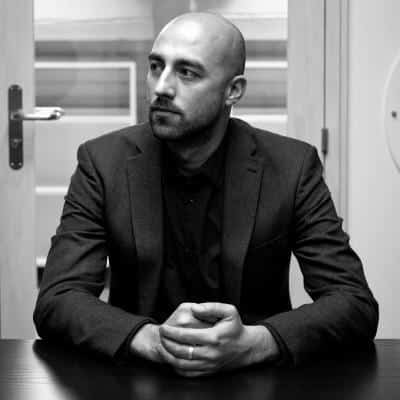
Within the context of employability, I often hear people talking about their mentors and how such figures brought more clarity into their lives, on top of leading them to positive and sustainable decisions for their careers. But… what is it that a mentor really does? Does s/he coach? Does s/he train? Why is this role so important and how can we measure the impact a mentor has on a graduating student? I have been asking myself these (and more) questions while setting up the first Alumni Mentoring Program for Business School Lausanne. The answers? I will leave that up to the participants of the program who will be giving us their feedback once the hours of interactions will be completed.
At this point, you may ask yourself how the mentoring actually works.
Simply, fifteen students in their last stage of studies (across BBAs, Masters and MBAs) have been assigned ten hours of mentoring time – virtually and when possible, face to face – with fifteen experienced Alumni. Connections were established considering different elements: years of experience, industry, programs, general fit. In terms of the actual content of their interactions, mentors and mentees will be discussing career plans, professional development and hopefully other employability-related topics, over a period of three to five months. The agenda will be open and students will be able to add points they wish to discuss on the fly.
The aim of this initiative is to help students transitioning to the next phase of their lives, providing them with a safe space where to learn how to interact and network with seasoned professionals, and make the most of their one-to-one conversations.
Nevertheless, students will not be the only ones benefitting from this initiative: mentoring gives clarity also to those who mentor, in this specific case our Alumni. As per their own unanimous admission, their objectives are to learn and take their personal development to a higher level, while giving back to BSL in a constructive way, and to learn more about the employees of the future.
I asked all 30 BSL Community participants to enjoy their time together and to make it as constructive as possible for all parties. The idea is to touch base at the end of the program to collect success stories and learnings, in order to continuously improve the program in an organic and sustainable way. Stay tuned, I will be back with feedback in a few months!

